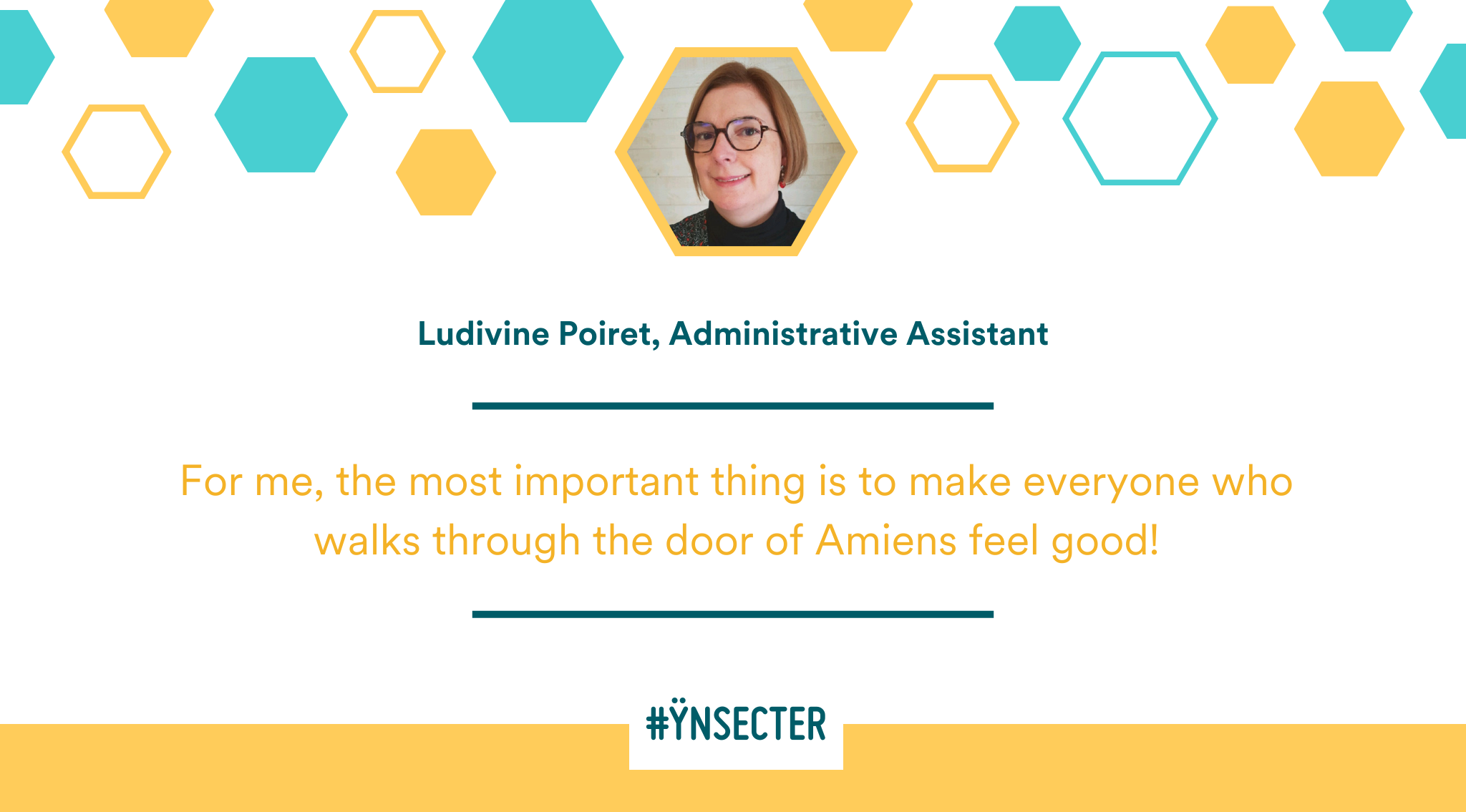Paris, June 6th, 2023 – Ÿnsect, the world leader in insect production, today announces the creation of a genotyping chip named Axiom® YNS_Mol1, a world-first for insect breeding and a major step in the evolution of selection of larvae lines to produce insect-based proteins. This novel chip dedicated to the Tenebrio molitor mealworm will allow for selection based on the genomic diversity of the species. Made available to the wider scientific community, it represents a key element of Ÿnsect’s strategy, as well as a groundbreaking tool for fundamental research in the sector.
“Ÿnsect’s ambition is to contribute to the development of a new economic, social and sustainable model, which proposes new ways of consuming and producing, in order to meet the major environmental and climatic challenges of our era. For 12 years we have been innovating, with the goal of advancing the food industry and democratising the insect. Our genotyping chip for the Tenebrio molitor beetle is a world-first for our industry and will contribute to the sustainable structuring of the entomoculture sector.” Antoine Hubert, CEO of Ÿnsect.
Genomic selection today represents one of the most important levers of the ecological transition, making it possible to better characterise and enhance functional biodiversity1. Faced with the urgency of today’s environmental challenges, it is one of the fastest and most effective tools we have to improve the sustainability of our food systems.
This application of genomics is already being implemented by seed companies to identify the varieties that are most resilient to global warming. The identification of insect varieties with traits adapted for optimal development while requiring less water or fewer inputs, will make it possible to reduce our environmental footprint even further.
This announcement comes a year after Ÿnsect launched the ŸnFABRE project – with the CEA, Aprex Solutions and Thermo Fisher Scientific and supported by BPI France – with the aim of developing a pioneering unit for the selection of larvae lines with improved zootechnical and environmental performance.
A new tool to support the development of insect farms
This genotyping chip, developed with Thermo Fisher, represents a very powerful lever for the sustainable development of insect farms. Until now, producers have mainly focused on selecting the bigger larvae, but this kind of overly restrictive practice of mass selection could lead to inbreeding and its detrimental consequences.
For insect breeding in particular, it is essential for large-scale farms like Ÿnsect to select the best lines while ensuring real genetic diversity.
The genomic selection delivered by the Axiom® YNS_Mol1 chip makes it possible to achieve these objectives. It targets the genetic characteristics of interest while covering the entire genome to guarantee diversity. The selection is based on four families of phenotypes – or biological traits – linked to growth performance, reproduction, food conversion and disease resistance. In all, more than 4,000 individual insects were analysed to model this innovation.
“The chip is made up of 679,205 markers (SNPs or Single Nucleotide Polymorphisms), distributed throughout the genome and covering more than 99% of the gene regions. These SNPs, representing modifications of a DNA base at a precise position between individuals of the same species, were selected to represent the entire genetic diversity of the insect population at our farms.” Comments Thomas Lefebvre, Biotech R&D Innovations Director, Ÿnsect.
“Thermo Fisher’s Axiom® technology allowed us to genotype the Tenebrio Molitor as we traditionally do for livestock and field crops. This is the first time that a chip of this type has been designed for an insect, and it truly marks the insect’s entry into conventional breeding. The design of the chip, which consists of defining and optimising its content in terms of markers, is the key step in the design. It requires close collaboration between the programme’s geneticists and the bioinformatics team. This development is a real step forward, made possible by all the partners in the ŸnFABRE project, a programme that is participating in an innovative way in the response to climate and environmental changes.” Adds Pierre Garrabos Senior Key Account Manager AgriBusiness West of France at Thermofisher Scientic
A breakthrough innovation within the framework of the ŸnFABRE programme
ŸnFABRE is the world’s first industrial programme dedicated to beetle genetics for genomic selection applied to large-scale insect breeding. It enables the creation of pioneering units for the selection and multiplication of high-performance and resilient insect lines and help to better understand insect biology.
ŸnFABRE combines several areas of expertise and innovation for the development of phenotyping – the characterisation of biological traits – and genotyping – the identification of genome variations – tools, mathematical models and industrial processes.
As part of its R&D activities in collaboration with the CEA, Ÿnsect has already discovered and published the sequencing of the Tenebrio Molitor genome, which in turn led to the publication of the paper “Chromosome-scale assembly of the yellow mealworm genome – A high-quality reference genome for Tenebrio molitor breeding and sustainable production2” (Eleftheriou et al. 2022). The high-speed chip was designed based on this reference genome, taking into account the genetic diversity observed.
Ultimately, ŸnFABRE will set up farms dedicated to genetics and having the potential to supply the Ÿnsect vertical farms with more performant lines of mealworms, which would increase their productivity by 15 % per year while ensuring greater resistance to disease.
Continued support for academic research on insects
The chip will also be made available to the academic world to encourage international research on Tenebrio molitor.
By providing access to the genetic information of the species, Ÿnsect is actively supporting the development of knowledge of insects and their genetic characteristics, and opening the way to the discovery of new industrial applications for the edible insect sector and beyond for biomedical and environmental applications3.
– Ends –
About Ÿnsect
Ÿnsect is the world leader in the production of natural insect proteins and fertilizers. Founded in 2011 in Paris, France, by scientists and environmental activists, the Next40 member and B Corp certified company transforms insects into high-end, high-value ingredients for pets, plants and humans. From its purpose-built, state-of-the-art farms, Ÿnsect offers an environmentally friendly, healthy and sustainable solution to meet the growing demand for protein and plant consumption. Ÿnsect leverages pioneering proprietary technology protected by over 380 patents to produce mealworms in climate and biodiversity positive vertical farms, creating value chains aligned with the Paris COP21 +1.5°C scenario and the EU’s Fit for 55 target. Ÿnsect operates several production sites across Europe and the US and is currently commissioning its latest site, the world’s largest vertical farm in Amiens, France. The company has raised over $645 million from major global investment funds, banks and public institutions and exports its products worldwide. https://www.ynsect.com
Press contacts
Hopscotch Europe
Notes to editors
1 – Functional biodiversity can be defined as biodiversity that has a positive impact on the ecological, economic and social sustainability of farms, sectors and territories
2 – https://open-research-europe.ec.europa.eu/articles/1-94
3 – https://www.frontiersin.org/articles/10.3389/fphys.2019.00319/full





